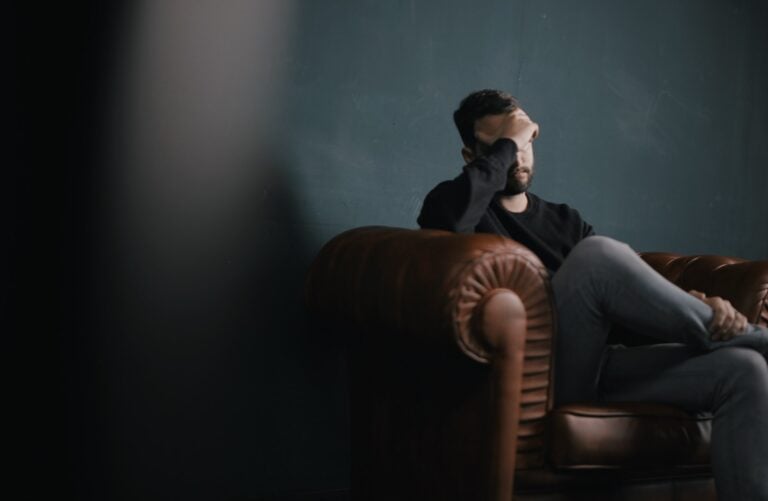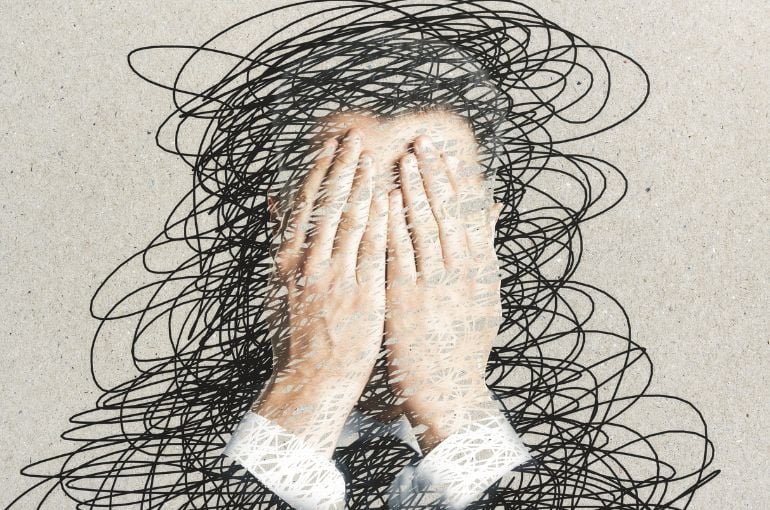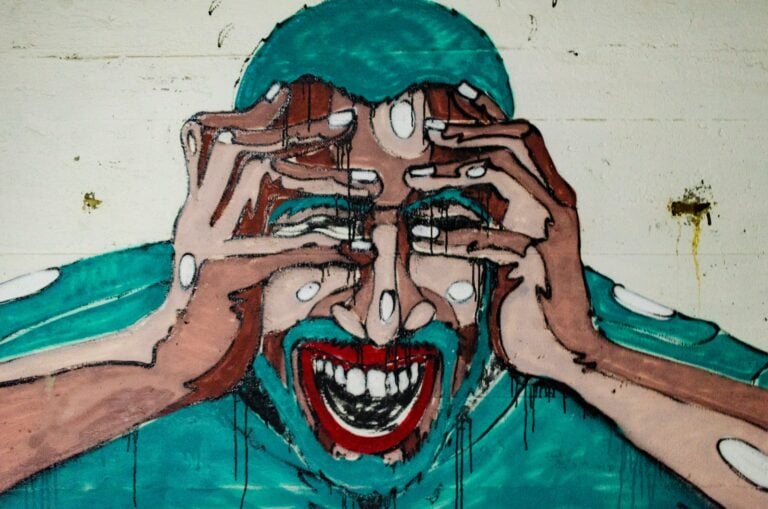
Relieving Stress as an Actor
Acting and stress seem to go hand in hand. Actors stress about everything—whether the audience is liking their performance, whether that agent yawning in the front row hates them, whether that great conversation with the director after the show will lead to stardom, and the list goes tirelessly on. This constant stress isn’t helpful to your acting career. I have laid out a few thoughts and techniques to help you deal with stress. This is a process for relieving stress an actor:
How to Deal With Stress as an Actor
Reframing Stress
Stress is about the most unpleasant thing in my life. I seem to always have too much to do, and too little time to do it, and all the while I seem to be flailing and getting nowhere, except into an even bigger frenzy of stress. As a true ‘stresser’ and avid thinker, I have looked far and wide for methods of reducing stress.
“If you can do something about it, then why worry? If you can’t do anything about it, then why worry?”
A real life changing technique and methodology that has really worked for me can be found in Dr Russ Harris’ The Happiness Trap, a book I can’t recommend highly enough. The basic theory is to observe your thoughts, and see them for what they are – thoughts. They are simply thoughts and you don’t need to invest in every single one of them. It’s about not getting too caught up in your own negative self talk. So here is a useful exercise from that book:
Mindfulness Exercise for Actors

Sitting or lying comfortably, begin to breathe gently in through your nose and out through your mouth. Focus completely on your breath. As thoughts begin to pop up in your mind simply acknowledge their presence and then focus back on the breath. You can say things like ‘thinking’ or ‘thanks for that thought’, but always come back to your breath. You only need to do this for a short time every day (10 breaths is a good starting point), but the results can be huge. You begin to realise that thoughts are just words and therefore you don’t have to get caught up in them too much.
ABC Technique
A – Accept
B – Breathe
C – Centre
(section D and E are useful also)
D – Decide
E – Engage
Accept: say to yourself it’s all right. There is a fantastic quote by the Dali Lama, “If you can do something about it, then why worry? If you can’t do anything about it, then why worry?” This statement couldn’t be more succinct and truthful. It offers us the idea that stress is superfluous, an unnecessary and unneeded aspect of life. If you drop a line in a play or stuff up an important moment in a scene there is simply nothing you can do about it, and instead of beating yourself up, messing up the rest of the show and your mood for the night, accept it and breathe.
Breathe: our body and minds require oxygen to function well, and breath is the only way to get this life juice flowing. So once you have accepted your situation—breathe. This may mean just taking a few simple deep breaths, or if you have more time try this great exercise: breathe in for 4 seconds and out for 6 seconds and repeat this pattern 3 times. You can go longer: in for 6 and out 8, or you can go in and out for the same length of time in for 4 and out for 4. You’ll be surprised at the immediate results of using any of these simple patterns. The gentle focus on the breath is great for reducing stress.
Another breath exercise involves you sitting or lying comfortably, then monitoring your natural breath and after inhaling pausing for a moment before you breathe out again, then pause again and allow the next breath in. Focusing solely on your breath and concentrating on the pauses is a great way of relieving stress.
Centre: for a lot of people this seems fairly intangible and it certainly requires the biggest dip into the bucket of ‘new agedness’; however, the effects are very tangible and worth the splash. The simplest way to centre yourself is to focus on your feet touching the ground, imagining yourself being supported by the floor. Nowadays we have a disconnect with the ground and constantly walking on even cement surfaces doesn’t help. Walking in nature, particularly in barefoot, is fantastic for centring the body.
Rubbing your palms together is another trick. For a more long term solution in helping you feel centred, movement practices such as Yoga, Feldenkrais and Alexander technique are fantastic.
Decide: we are desperate in life to make the perfect life choices, acutely aware of the benefits of both sides of a choice, which leaves us indecisive—stuck. But eventually we have to decide. This is especially true on stage, but it can be as relevant in life when you have to make immediate decisions.
The worst choice is no choice. My advice is to go with your gut feeling. If you have time writing out a pros and cons list can be great, but if you have to choose immediately, think about what feels right. I am a culprit to indecisiveness, but I have recently been attempting to be more decisive, if my choices go awry, I try to learn from my decision and move on. Life is made up of decisions, so why not get better at making them?
Making a clear choice of action can be a great way to get yourself out of a stress hole.
Engage: once a decision is made, it is made. You then have to commit to your decision, be proud of it and move forward. Wavering on stage, or in life, is not beneficial for yourself or the people around you. If it turns out to be the wrong decision that is a shame, but learn from it and then you can never lose.
Meditation
Meditation is a great way of relieving stress. I have listed a few methods to help you on your way. If you can find 10-15 mins day to set aside to simply lie down and be quiet it can be so beneficial to your general well being.
Music: classical music is great. You can also get a hold of some fantastic mediation tracks with waterfalls and other peaceful sounds which, though cliché, are very relaxing. Try to steer clear of anything with lyrics or heavy backing tracks. I find music really helps me meditate. You can meditate without music, but if you are new to it I would recommend using music.
Guided Meditation: this is where you are taken through a meditation by a professional and it is great. You can either get a pre-recorded audio track and listen to it at home or go along to a mediation class. In my opinion guided meditation is the best way to go as it helps you to stay focused.
There are some great mediation apps that are worth looking into. I recommend Headspace and Calm. Both are fantastic and offer initial free versions which are great.
Sinking: one simple meditation technique is to visualise yourself sinking into the ground, really allowing yourself to give your weight to the floor. Imagining roots driving from your body into the earth. It is a strange, but very useful visualisation to help you relax. You can also go through individual body parts and feel each one releasing and sinking down.
Semi Supine: this is an amazing position for meditating, warming up or relaxing. Lie on the floor with your head raised up by a book (around 2 inches thick is ideal) and have your knees raised and bent, with your feet flat on the ground. Keep the knees pointing up to the ceiling, not flopped to each side. This position takes away all the pressure from your spine, which is worked very hard during the day. I was told by a singing teacher that 15 mins in this position is equivalent to 8 hours sleep.
Qi Gong/Tai Chi: these are two gentle martial arts that focus on simple movements and, though not classified as mediation, offer similar results. I would recommend taking on some sort of organised practice like these if you are really struggling with stress. Sometimes breaking the daily pattern and doing something new is a fantastic way of getting out of recurring stressful moods.
More on a daily movement practice.
Counselling
If you are finding it impossible, regardless of what strategies you try, to relieve stress, then you going to see someone is the next option. It is really nothing to be embarrassed or ashamed about. There is something really valuable in talking to some one, especially a councillor, who is isn’t going to be judgemental, that allows you to see your problems from an outside perspective. They can also usually offer you great techniques to help with your stress.
Life Choices

All the techniques listed above are great, but if your life is inherently stressful it’s going to be hard to relieve stress without tackling the bigger issues. Some common areas that can be causing stress:
- Where do you live? Is it a supportive environment? Is your home life calming and restoring or is it adding to your stress?
- Friends. Good friends should lift you and make your life better. If you’re “friends” are bringing you down, might be time to move in some new circles. Actors can be very competitive and jealous and surrounding yourself with this energy can be stressful.
- Finances. Are you struggling with money? Actors are often underpaid or flat our unemployed. Find a good solid job on the side to support your acting habit.
They are a couple of the core areas that might be stressing you out. Being an actor is tough and you need everything in your life working to support what you are doing, not detracting.
Conclusion
If you’ve read this far you’re stressed. You have an issue that is affecting your life and it’s time to solve it. I encourage meditation as a first step, but it’s about changing your whole approach to life. Open up to yourself and the people around you about how you feel and start making some real changes to help your life. Relieving stress will help you be more creative, bold and fundamentally a better actor.


Leave a Reply